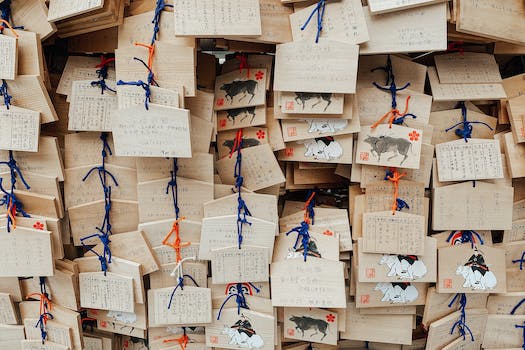Traditional crafts are an essential part of our heritage and culture. They represent the skills, techniques, and knowledge passed down from generation to generation. These crafts have stood the test of time and continue to thrive in the modern world. The importance of traditional crafts lies in their ability to sustain cultural experiences and connect people with their roots.
Traditional crafts are unique and diverse, reflecting the rich cultural heritage of different regions. They include pottery, weaving, embroidery, wood carving, metalwork, and many more. These crafts are not just artistic expressions but also serve practical purposes such as clothing, utensils, and home decor.
One of the significant advantages of traditional crafts is that they are sustainable. They use locally sourced materials and natural resources, which reduces their environmental impact. The crafts are also labor-intensive and require skills that cannot be easily replicated by machines. This means that they create employment opportunities and support local economies.





